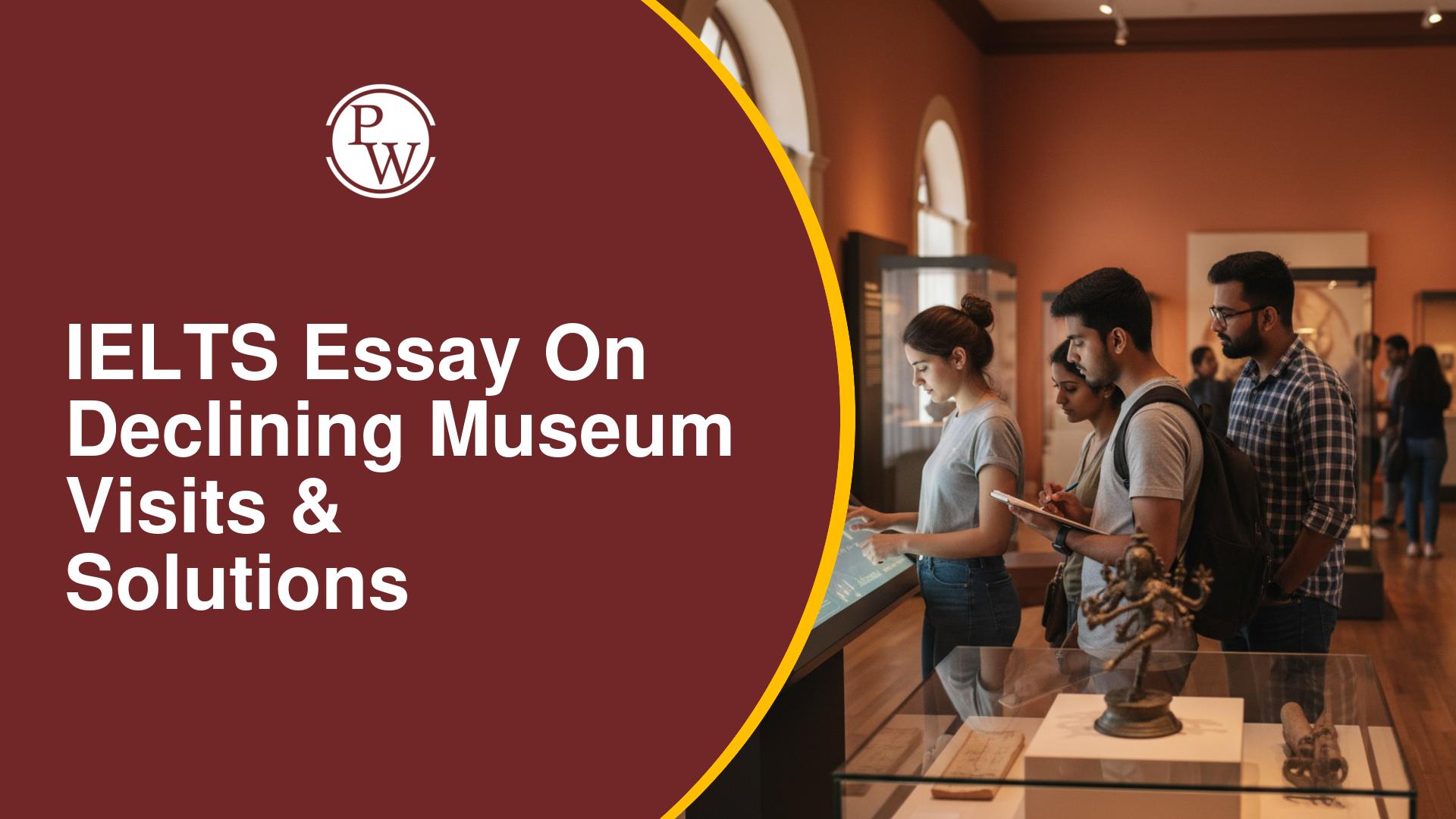
Eco Tourism Reading Answers: The passage "World Ecotourism in the Developing Countries" is a detailed IELTS Reading text focusing on how ecotourism works in regions such as Cuba, South America, East Africa, Indonesia, Belize, and Kodai. It explores both the benefits and challenges of ecotourism, touching on topics like environmental sustainability, healthcare, local culture, and even public health.
This is a useful passage for IELTS exam candidates as it features common question types such as Matching Information, Sentence Completion, and Multiple Choice, which test your ability to understand specific details and locate information quickly.
Free IELTS Reading Practice Tests, Cambridge Sample Test PDF
Eco Tourism Reading Answers Passage
Eco Tourism
WORLD ECOTOURISM IN THE DEVELOPING COUNTRIES
A. The Ecotourism Society defines ecotourism as “responsible travel to natural areas which conserves the environment and improves the welfare of local people”. It is recognized as being particularly conducive to enriching and enhancing the standing of tourism, on the basis that this form of tourism respects the natural heritage and local populations and is in keeping with the carrying capacity of the sites.
Cuba
B. Cuba is undoubtedly an obvious site for ecotourism, with its picturesque beaches, underwater beauty, countryside landscapes, and ecological reserves. An educated population and improved infrastructure of roads and communications add to the index. In the Caribbean region, Cuba is now the second most popular tourist destination. Ecotourism is also seen as an environmental education opportunity to heighten both visitors’ and residents’ awareness of environmental and conservation issues, and even to inspire conservation action. Ecotourism has also been credited with promoting peace, by providing opportunities for educational and cultural exchange. Tourists’ safety and health are guaranteed. Raul Castro, brother of the Cuban president, started this initiative to rescue the Cuban tradition of herbal medicine and provide natural medicines for its healthcare system. The school at Las Terrazas Eco-Tourism Community teaches herbal healthcare and children learn not only how to use medicinal herbs, but also to grow them in the school garden for teas, tinctures, ointments and creams. In Cuba, ecotourism has the potential to alleviate poverty by bringing money into the economy and creating jobs. In addition to the environmental impacts of these efforts, the area works on developing community employment opportunities for locals, in conjunction with ecotourism.
South America
C. In terms of South America, it might be the place which shows the shortcoming of ecotourism. Histoplasma capsulatum (see chapter* Histoplasmosis and HIV*), a dimorphic fungus, is the most common endemic mycoses in the United States, (12) and is associated with exposure to bat or bird droppings. Most recently, outbreaks have been reported in healthy travellers who returned from Central and South America after engaging in recreational activities associated with spelunking, adventure tourism, and ecotourism. It is quite often to see tourists neglect sanitation while travelling. After engaging in high-risk activities, boots should be hosed off and clothing placed in airtight plastic bags for laundering. HIV-infected travellers should avoid risky behaviours or environments, such as exploring caves, particularly those that contain bat droppings.
D. Nowhere is the keen eye and intimate knowledge of ecotourism more amidst this fantastic biodiversity, as we explore remote rain forests in wildlife rather than a nature adventure. A sustainable trend is significant for ecotourism, one in which we can grow hand in hand with nature and our community, respecting everything that makes us privileged. Travellers get great joy from being more aware of life in these countries but exciting journey towards sustainability. The primary threats to South America’s tropical forests are deforested caused by agricultural expansion, cattle ranching, logging, oil extraction and spills, mining, illegal coca farming, and colonization initiatives. Deforestation has shrunk territories belonging to indigenous peoples and wiped out more than 90% of the population. Many are taking leading roles in sustainable tourism even as they relocate into protected regions to more travellers.
East Africa
E. In East Africa, significantly reducing such illegal hunting and allowing wildlife populations to recover would allow the generation of significant economic benefits through trophy hunting and potentially ecotourism. “[...] illegal hunting is an extremely inefficient use of wildlife resources because it fails to capture the value of the wildlife achievable through alternative forms of use such as trophy hunting and ecotourism,” said Peter Lindsey, author of the study. Most residents believed that ecotourism could solve this circumstance. They have passion for local community empowerment, love photography and write to laud current local conservation efforts, create environmental awareness and promote ecotourism.
Indonesia
F. In Indonesia, ecotourism started to become an important concept from 1995, to strengthen the domestic travelling movement, the local government targeting the right markets is a prerequisite for successful ecotourism. The market segment for Indonesian ecotourism consists of (i) — The silent generation: 55–64-year-old people who are wealthy enough, generally well-educated and have no dependent children, and can travel for four weeks; (ii) — The baby boom generation, junior successful executives aged 35–54 years, who are likely to be travelling with their family and children (spending 2–3 weeks on travel) — travelling for them is a stress reliever; and (iii) the X generational, aged 18–29 years, who love to do ecotours as backpackers — they are generally students who can travel for 3–12 months with a monthly expenditure of US$300–500. It is suggested that the promotion of Indonesian ecotourism products should aim to reach these various cohorts of tourists. The country welcomes diverse levels of travellers.
G. On the other hand, ecotourism provides as many services as traditional tourism. Nestled between Mexico, Guatemala and the Caribbean Sea is the country of Belize. It is the wonderful place for a Hamanasi honeymoon, a bottle of champagne upon arrival, three meals daily, private service on one night of your stay and a choice of adventure depending on the length of your stay. It also offers six-night and seven night honeymoon packages. A variety of specially tailored tours, including the Brimstone Hill Fortress, and a trip to a neighbouring island. Guided tours include rainforest, volcano and off-road plantation tours. Gregory Pereira, extremely knowledgeable and outgoing hiking and tour guide leads the follow up host tours: — All of our tours on St. Kitts include transportation by specially modified Land Rovers, a picnic of island treats, white sand beach, fresh tropical juices, CSR, a qualified island guide and a full liability insurance coverage for participants.
H. Kodai is an ultimate splendour spot for those who love being close to mother nature. They say every bird must sing its own throat while we say every traveller should find his way out of variegated and unblemished paths of deep valleys and steep mountains. The cheese factory here exports a great quantity of cheese to various countries across the globe. It is heated in the centre of the forest. Many travellers are attracted by the delicious cheese. The ecotourism is very famous for this different eating experience.
Eco Tourism Reading Answers Sample Questions
Questions 1–6: Match the information with the correct paragraph (A–H)
Write the correct letter A–H in boxes 1–6 on your answer sheet.
-
A country where ecotourism is used to preserve traditional healthcare knowledge
-
A region where ecotourism suffers due to lack of hygiene
-
The place known for combining cheese production with forest-based tourism
-
A place where deforestation is driven by various illegal activities
-
A description of tailored luxury eco-holidays in the Caribbean
-
Where domestic travellers are divided into market segments by age group
Questions 7–10: Complete the sentences below with NO MORE THAN THREE WORDS
-
The Ecotourism Society promotes travel that benefits __________.
-
Cuba is the __________ most visited tourist destination in the Caribbean.
-
In East Africa, illegal hunting fails to capture the full __________.
-
Students aged 18–29 in Indonesia usually travel as __________.
- Should You Use All Capital Letters in the IELTS Listening and Reading Tests
- IELTS Reading Mistakes
- How to Improve IELTS Reading Score
- How to Manage Time in IELTS Reading
Eco Tourism Reading Answers with Explanation
Answer to Questions
|
Q |
Answer |
Explanation |
|---|---|---|
|
1 |
B |
Paragraph B discusses Cuba, mentioning Raul Castro’s effort to promote herbal medicine through ecotourism. |
|
2 |
C |
Paragraph C mentions poor sanitation among ecotourists and risks from bird/bat droppings. |
|
3 |
H |
Paragraph H describes Kodai, famous for cheese heated in the forest, attracting ecotourists. |
|
4 |
D |
Paragraph D lists causes like logging, cattle ranching, and coca farming for deforestation in South America. |
|
5 |
G |
Paragraph G talks about luxury ecotourism in Belize, including champagne, beach tours, and more. |
|
6 |
F |
Paragraph F categorises Indonesian tourists into Silent, Baby Boom, and X Generations. |
|
7 |
local people |
Found in Paragraph A: “improves the welfare of local people.” |
|
8 |
second |
Paragraph B: Cuba is the "second most popular tourist destination" in the Caribbean. |
|
9 |
value of wildlife |
Paragraph E: “fails to capture the value of the wildlife…” |
|
10 |
backpackers |
Paragraph F: X generational students aged 18–29 are described as “backpackers.” |
| IELTS Exam Important Links | |
|---|---|
| IELTS Reading Band Score | IELTS Listening Band Score |
| IELTS Speaking Band Score | IELTS Writing Band Score |
Guidance of PW IELTS
Physics Wallah offers a few popular online IELTS courses for all students. Follow the latest IELTS articles to better prepare for the exam.| IELTS Exam Other Related Links | |
|---|---|
| IELTS Registration | IELTS Eligibility Criteria |
| IELTS Exam Pattern | IELTS Syllabus |
| IELTS Exam Dates | IDP IELTS Test Centers |
Eco Tourism Reading Answers FAQs
What is the main idea of the passage Food For Thought?
Is this passage more suitable for Academic or General Training?
What skills are tested in this passage?
What are the challenges of ecotourism mentioned in South America?
How does Indonesia approach ecotourism differently?










